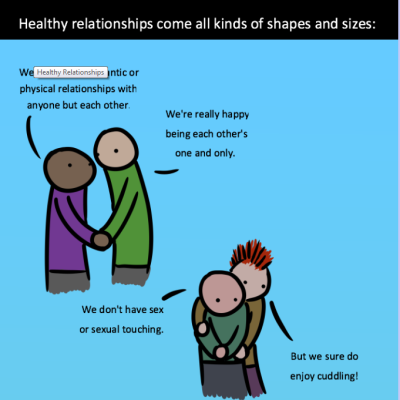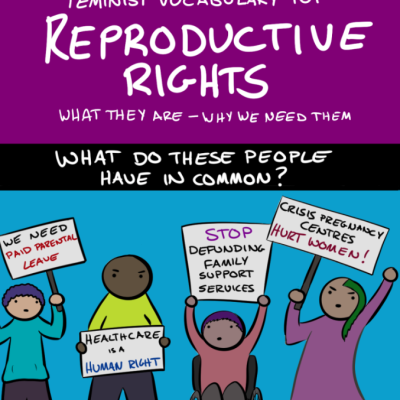Curated Content
Though most of us shy away from opening ourselves to be vulnerable, there is great power in expressing our vulnerabilities to the people closest to us, whether a friend or an intimate partner.
When a literary canon is created and upheld, which are the voices that are amplified and which are the voices that are lost in the fray? Can marginalised bodies and experiences truly find representation in such a canon?
Considering how sexuality was a running (and selling) theme in pulp fiction stories, and female sexuality was employed as a means to titillate and attract readers, the covers often reflected this.
Just as there are diverse ways of expressing and experiencing one’s sexuality, pleasure, too, is experienced in multiple forms and through multiple practices in each relationship.
In a society where the very pursuit of erotic pleasure is often stigmatised, when sexual desires are often seen through the narrow lenses of penetrative sex and as means for reproduction, it is considered radical for an older woman who is already the mother of adult children to seek pleasure.
If feminism is about fighting for equality, then how can we ensure that our feminism is truly inclusive and equal? Does it feature only a certain kind of voice or experience, and not take into account the multiple axes of oppression that another group of people may face?
Though, in common rhetoric, it is often seen as the right to seek an abortion, it goes much beyond that to encompass a larger ambit of rights, and is applicable beyond simply a heteronormative framework of ‘reproduction’.
Spirituality often means different things to different people – some may dismiss it, some may link it to faith or religion, while some may simply experience it as a personal moment of connection. And spirituality is just that, a moment in which one feels ‘beyond’ oneself.
Pro-life arguments have invoked faith and religion to decry a person’s right to seek an abortion, and the right to decide what to do with one’s body. But, as Everyday Feminism’s comic, The Hypocrisy of Pro-Life Rhetoric, breaks it down for us, it is not with religion or faith where the problem lies.
Whether it is by checking harassment from fellow men, or by questioning one’s own internalisation of subtly sexist and harmful behaviour, there’s a whole range of ways to go about making a positive shift
Is a moustache synonymous with the socially established understanding of what makes a ‘man’, is it what marks the degree of manliness, or rather, the degree of male privilege, and is it something that defines the kind of relationships men share with each other?
An Indian joint family shares spaces where lives and narratives overlap and privacy is stymied. Acts of intimacy, pleasure, and sexual exploration become difficult to pursue, and both privacy and sexual fulfillment become a much sought-after luxury.
From maintaining safety to the maintaining of boundaries, privacy plays a crucial role in informing our sexuality and preserving our sexual wellbeing
A smile could just be an innocuous communication, expressing politeness or warmth. But for a woman out in public, her smile is often misconstrued
Our sexuality is often in flux – being manoeuvred (sometimes in ways we cannot control) by the crashing waves of societal expectations, circumstances, and our own choices and experiences. But the world continues to uphold a fixed, rigid idea of sexuality, and continues to confine us within this idea, and therein lies the conflict.















